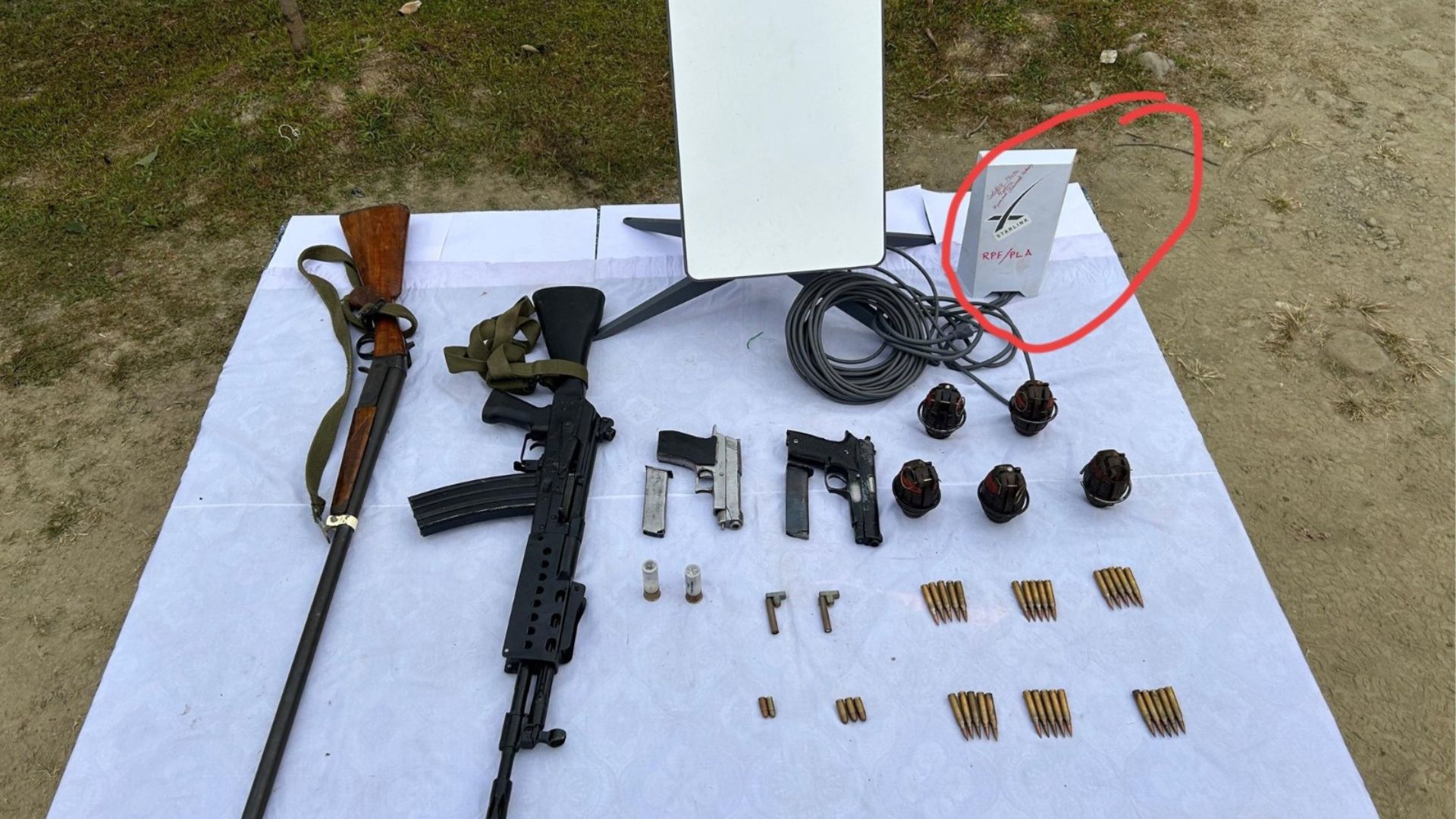
“We say to girls, you can have ambition, but not too much. You should aim to be successful, but not too successful. Otherwise, you would threaten the man.” This poignant statement by acclaimed author Chimamanda Ngozi Adichie cuts to the heart of a pervasive issue in societies worldwide: the glorification of self-sacrifice in women. Society celebrates these acts of self-sacrifice as the pinnacle of womanhood, but at what cost? This cultural expectation, while often disguised as virtue, carries a hefty price tag for women’s personal growth, ambition, and overall well-being. This issue is deeply intertwined with a woman’s self-perception and sense of self-worth. The stark reality is that women often treat others far better than they treat themselves. Despite the countless affirmations from glamorous celebrities on television, proclaiming with flair that “we’re worth it!”, the message fails to truly resonate. Deep down, many women struggle to genuinely believe in their own value and worthiness. This disconnect between external messages of empowerment and internal feelings of inadequacy further complicates the cycle of self-sacrifice, making it challenging for women to prioritize their own needs and aspirations.
Women find themselves perpetually caught in a tug-of-war between “should” and “could.” Society’s relentless expectations weigh heavily, dictating what we should do, how we should act, and who we should be. These “shoulds” echo loudly in our minds, drowning out our own desires and potential. Meanwhile, our inner selves scream in frustration, yearning to break free and explore what we could do if unburdened by these expectations. The “coulds” represent our untapped potential, our dreams, and our true aspirations. Yet, all too often, the “shoulds” win out, leaving us wondering about the lives we could have lived if we had dared to prioritize ourselves. During a recent trip, I travelled with a woman who, in her youth, was a national-level shooter. As we discussed the recent Olympic triumph of a young Indian shooter, she reminisced about her own days on the range, the dreams she had held, and the career she was forced to abandon. At the peak of her talent, she was expected to step aside, to prioritize marriage and motherhood. The whispers of “should” — “You should get married now,” “You should start a family” — became a silent stranglehold on her aspirations. This talented athlete, who could have been a national hero, was instead steered toward a life of domesticity.
The answer to why we struggle to extend the same care and encouragement to ourselves that we readily give to others lies, in part, in our own self-perception and the knotty issue of glorification of self-sacrifice. Perhaps we’ve internalized the notion that our worth is intrinsically tied to how much we give of ourselves. We feel we’re only a worthy mother, a worthy daughter, or a worthy wife when we consistently put the needs of others above our own.
This twisted logic equates self-sacrifice with virtue, creating a dangerous cycle where our own well-being is perpetually sidelined. We’ve been conditioned to believe that prioritizing ourselves is selfish, when in reality, it’s an essential act of self-preservation and personal growth. Some women might be grappling with the question of whether it’s morally permissible to prioritize ourselves, but we need to reframe this thinking entirely; I would even argue that it’s our moral obligation to do so.
By nurturing our own well-being and pursuing our aspirations, we not only improve our own lives but also become better equipped to positively impact those around us. Self-care and self-actualization aren’t selfish indulgences; they’re necessary steps towards becoming the fullest, most authentic versions of ourselves – versions that can contribute more meaningfully to our families, communities, and society at large.
Sometimes, we’re confronted with disheartening statements like, “You’re a woman at the end of the day. What will you achieve by pursuing a career, a dream, or a passion? It’s not like you’ll become a man or replace a man.” But this line of thinking misses the point entirely. The goal isn’t to become or replace men; it’s about recognizing that our girls and women have the same right to self-fulfilment and self-realization as men and boys do. This right to pursue our passions, to chase our dreams, and to seek personal growth isn’t gender-specific – it’s a fundamental human need. When we deny women and girls this opportunity, we’re not just limiting their potential; we’re robbing society of the unique contributions and perspectives they could offer. It’s crucial to understand that empowering women to pursue their ambitions doesn’t diminish men; rather, it enriches our collective human experience and drives progress for everyone. By challenging these outdated notions, we pave the way for a more equitable world where every individual, regardless of gender, has the chance to explore their full potential and lead a fulfilling life.
The story of the former national-level shooter serves as a stark reminder of how societal expectations can strangle a ‘could’ with a ‘should’. She is now a proud mother of three children, including two daughters, and I cannot help but wonder about the legacy she might have created especially for women around her—a legacy her daughters could have taken pride in regarding their mother’s achievements. Her story is not unique; it echoes the experiences of countless women who have had to sideline their dreams and ambitions in the face of societal pressure.. It’s time to dismantle the myth that glorifies self-sacrifice, that tells us putting our own needs behind those of others is a sign of strength. We must challenge this narrative and tell our sisters that it is not wrong to prioritize our own well-being. By doing so, we’re not just improving our own lives, but setting an example for future generations of women who will learn that their dreams and ambitions are just as valid and important as anyone else’s. Dare I add a twist to the famous Rumi quote? Dear woman, out beyond the ideas of “should,” there is a garden of “could” – you will meet yourself there.















